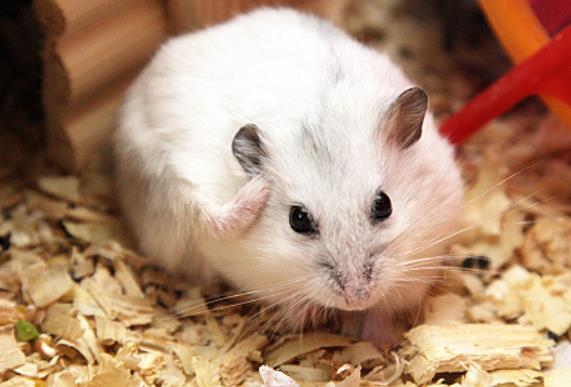Taxonomic Classification of Hamsters Based on Current Research

I. Biological Taxonomy
Subfamily Cricetinae
Comprises 7 genera and 18 species, with 3 genera and 8 species found in China.
Defining trait: Bilateral cheek pouches for temporary food storage.
Key Genera
Cricetulus: Includes 6 species like the striped hamster (Cricetulus barabensis) and Tibetan hamster (Cricetulus alticola).
Phodopus: Contains Campbell's hamster (Phodopus campbelli) and Roborovski hamster (Phodopus roborovskii).
Mesocricetus: Represented by the Syrian hamster (Mesocricetus auratus), commonly known as the golden hamster.
II. Popular Pet Species
Syrian Hamster
Highly solitary; includes color variants like the long-haired golden hamster and panda hamster.
Dwarf Hamsters
Winter White Russian Dwarf Hamster (Phodopus sungorus): Subspecies include the pudding hamster and silver fox hamster.
Campbell's Dwarf Hamster (Phodopus campbelli): Often confused with the Winter White, distinguished by a fainter dorsal stripe.
Roborovski Hamster (Phodopus roborovskii): Smallest species, known for its rapid agility.
Native Chinese Species
Black-bellied Hamster (Cricetulus migratorius): Critically endangered, with wild populations declining sharply.
Species like the greater long-tailed hamster (Tscherskia triton) and Tibetan hamster adapt to high-altitude environments.
III. Conservation Status
The global hamster family (Cricetidae) includes ~711 species, with 22 classified as Critically Endangered (e.g., European hamster).
Fewer than 10 species dominate the pet trade, mostly human-bred variants.
Note: Taxonomic discrepancies exist across sources—some literature classifies Phodopus as a subgenus of Cricetulus.
